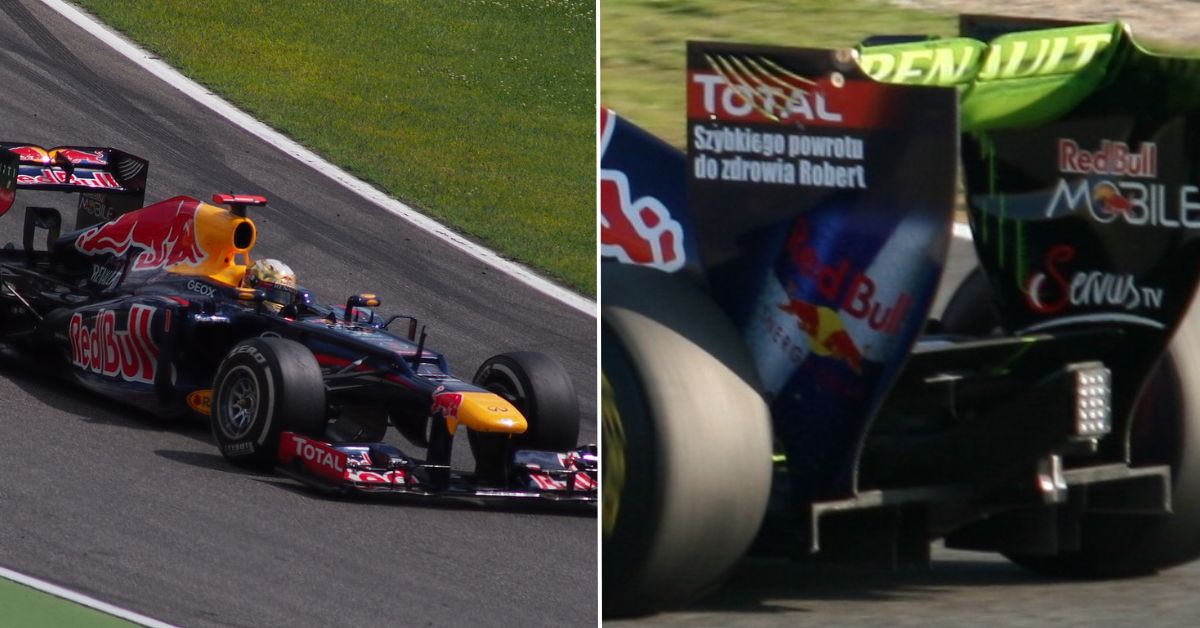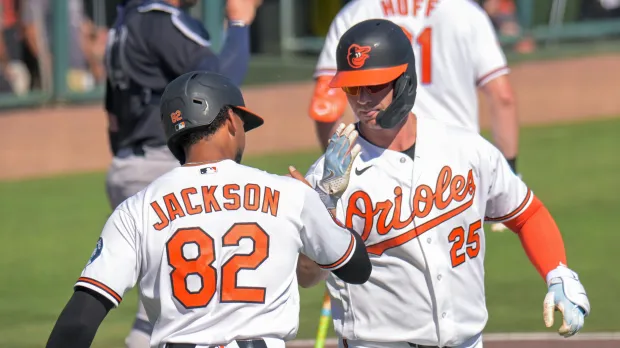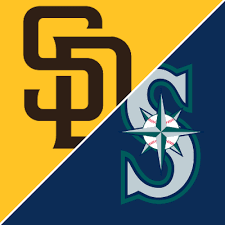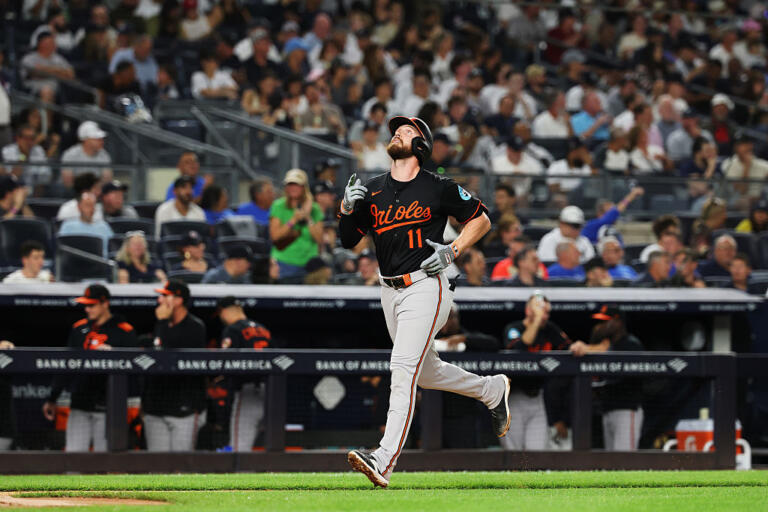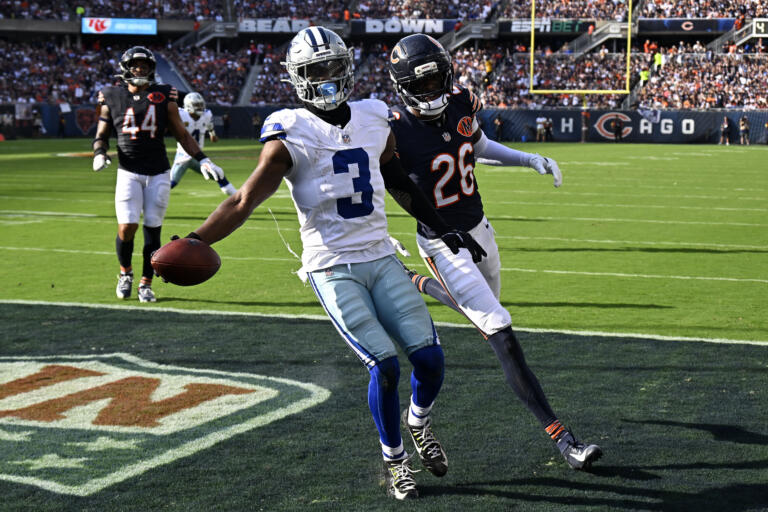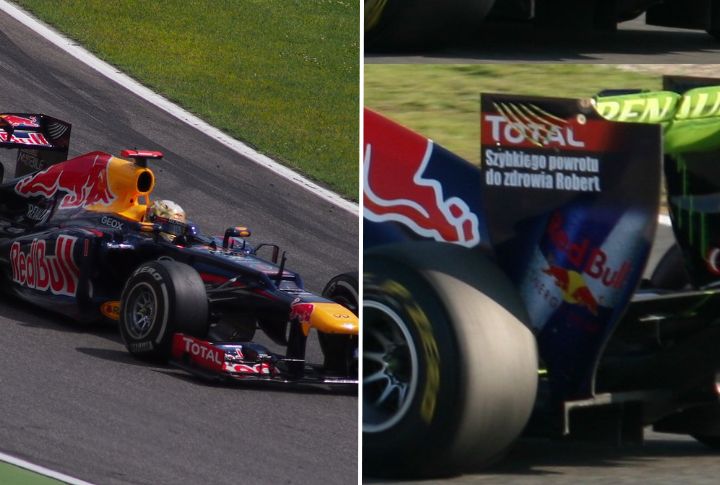
Formula 1 thrives on speed, strategy, and controversy, and the Drag Reduction System (DRS) is no exception. Introduced in 2011 to make overtaking easier, it has sparked debates over its fairness and impact on the racing dynamic. While it added drama, many fans and drivers argue that DRS tilted the scales in ways that don’t always reflect true racing skills. Let’s explore why.
Uneven Playing Field
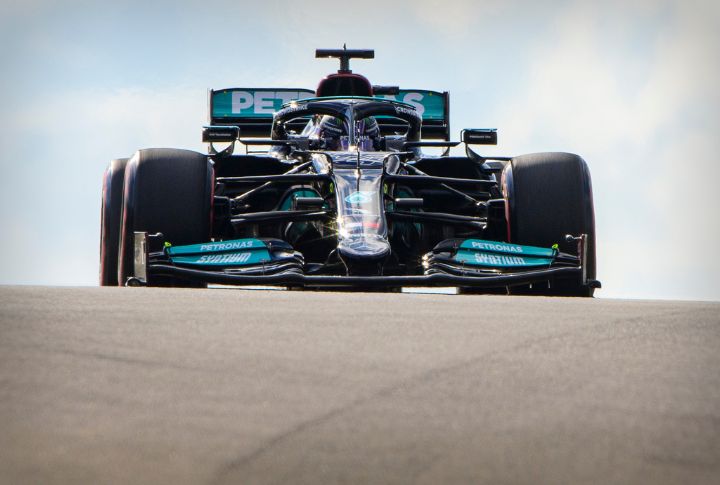
DRS didn’t treat all cars equally, benefiting those chasing while leaving leading drivers defenseless. For example, in the 2021 Abu Dhabi GP, Lewis Hamilton couldn’t use DRS while being hunted by Max Verstappen, creating a glaring advantage. This imbalance often felt like rewarding the chaser rather than rewarding skill or strategy.
Artificial Overtaking

Many felt the overtakes lacked excitement, leading to frequent criticism of DRS. Watching drivers breeze past opponents on long straights, as seen frequently at circuits like Monza, took away the thrill of wheel-to-wheel battles. Purists argue that F1 should rely on skillful driving, not a button-induced speed boost, for genuine overtakes.
Circuit Dependence
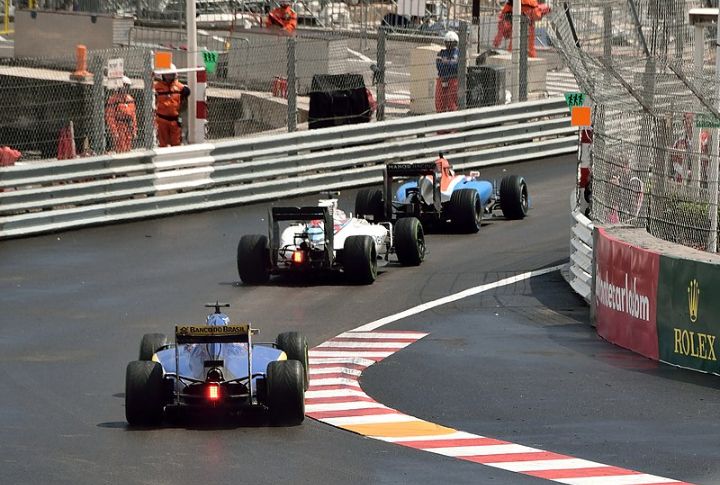
Not all tracks suited DRS equally. At Monaco, overtaking remained nearly impossible, DRS or not, but at circuits like Spa, it became overly dominant. This inconsistency left fans questioning its fairness across the season. Drivers competing for points at different venues weren’t always on equal footing when DRS zones came into play.
One-Sided Strategy
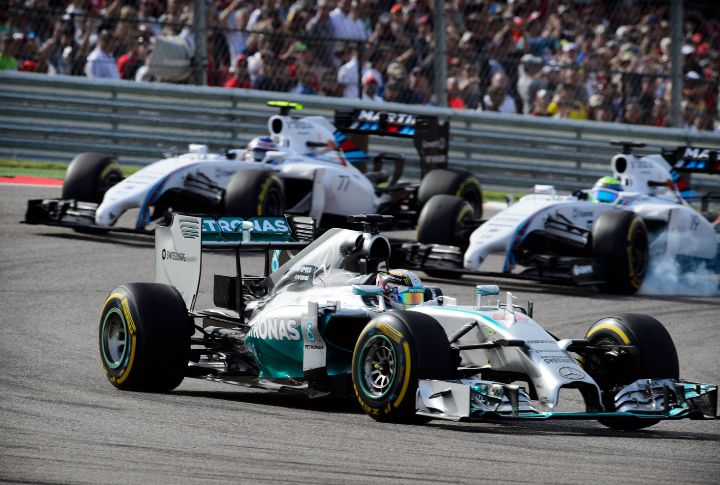
Teams with cars designed for straight-line speed thrived with DRS, while those excelling in cornering suffered. Williams’ 2014 season highlighted this disparity when Valtteri Bottas benefited hugely from DRS zones, while teams like Ferrari, built for balance, couldn’t leverage the same advantage. DRS inadvertently favored certain car philosophies over others.
Midfield Chaos
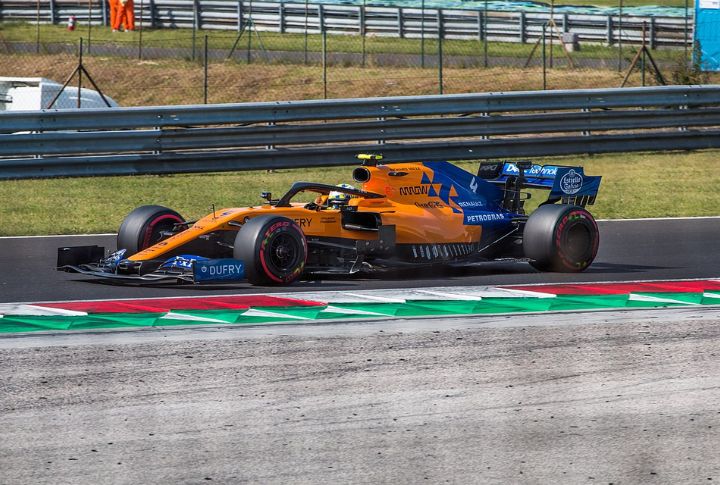
While DRS spiced up the battle for points, it also created chaos in the midfield. Drivers stuck in the DRS trains—like during the 2019 Hungarian GP—had little chance to make meaningful progress. With multiple cars all using DRS, overtaking became a lottery rather than a calculated maneuver. It muddled the competition instead of enhancing it.
Loss of Defensive Skill
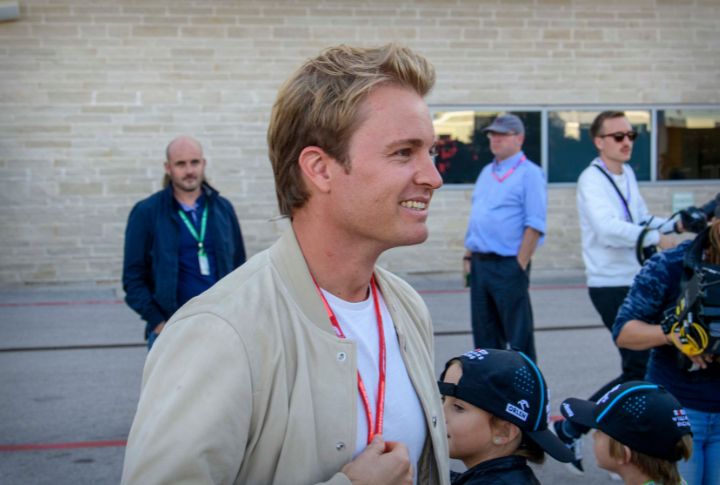
Defending a position became nearly impossible in DRS zones, with drivers like Nico Rosberg calling it “frustrating.” The 2016 Malaysian GP saw drivers helplessly overtaken without a chance to fight back. Critics argue DRS removed one of the core skills of racing: the art of defending under pressure.
Timing Over Talent
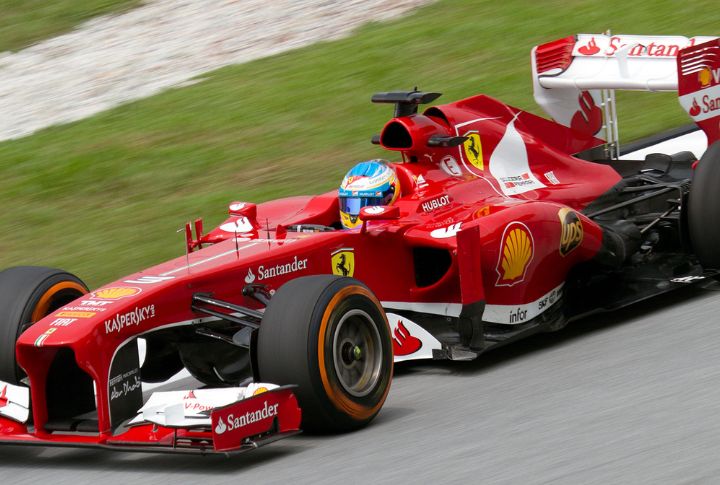
DRS often rewarded timing more than talent. Drivers caught in the DRS zones at the wrong moment, such as Fernando Alonso in Canada in 2013, faced unfair disadvantages despite strong performances. It turned exciting battles into situational gambles and, as a result, undermined the notion that success should be earned through superior driving.
Unnatural Race Outcomes
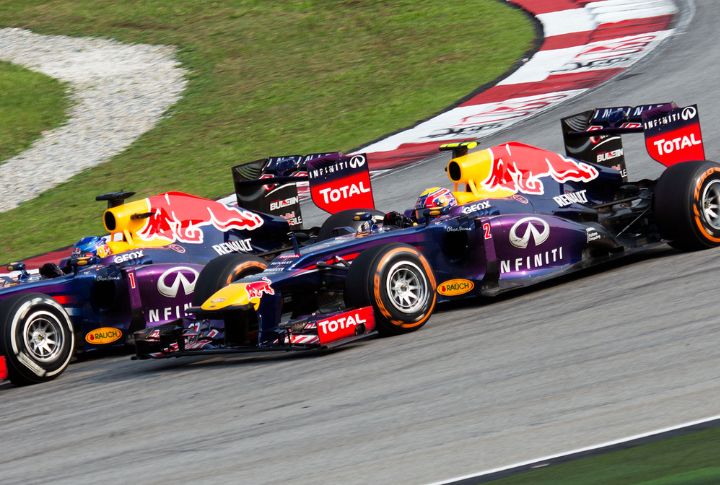
The system sometimes changed race outcomes in ways that felt artificial. Sebastian Vettel’s rapid rise in the 2013 Bahrain GP showcased how DRS could catapult a fast car through the field and left fans questioning whether the victories were truly deserved or just a byproduct of exploiting DRS zones effectively.
Limited Viewer Excitement
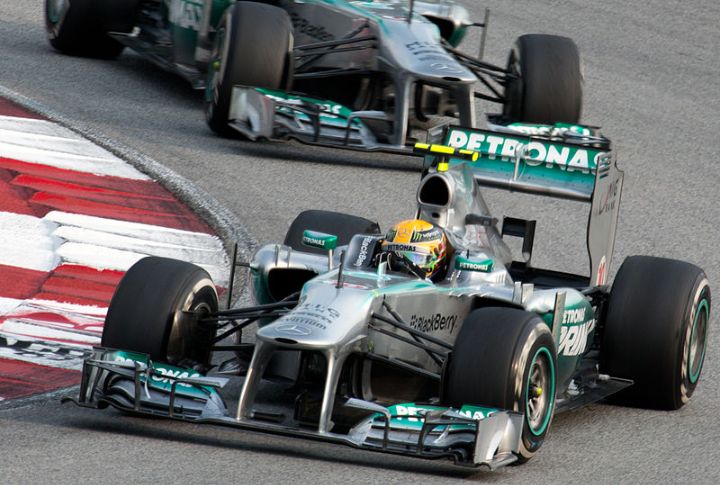
Watching the predictable overtakes enabled by DRS diminished viewer excitement over time. Iconic rivalries, like Hamilton vs. Rosberg, felt diluted when overtakes were “too easy.” The strategic element of slipstreaming and clever cornering was replaced with straightforward speed bursts, which robbed memorability from promising races.
Drivers’ Mixed Reactions
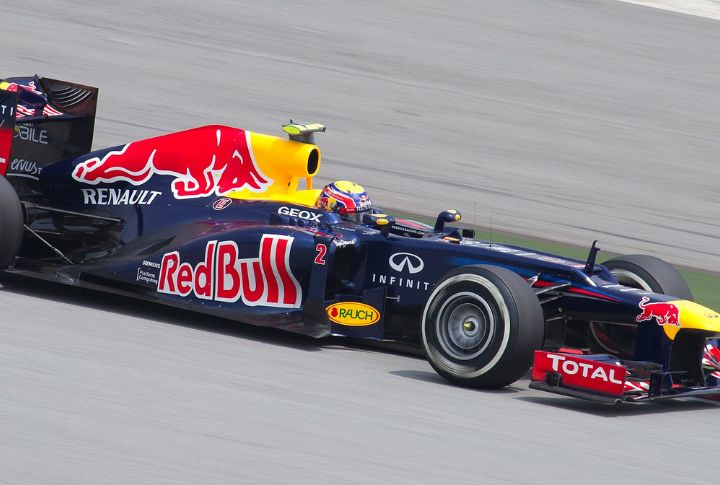
While some drivers embraced DRS, others openly criticized it. Kimi Räikkönen often voiced his disdain, highlighting how it oversimplified racing. The 2012 European GP saw his comments resonate after multiple DRS-induced overtakes stripped away the tension of close battles. F1, they argued, should be about raw competition, not mechanical gimmicks.


